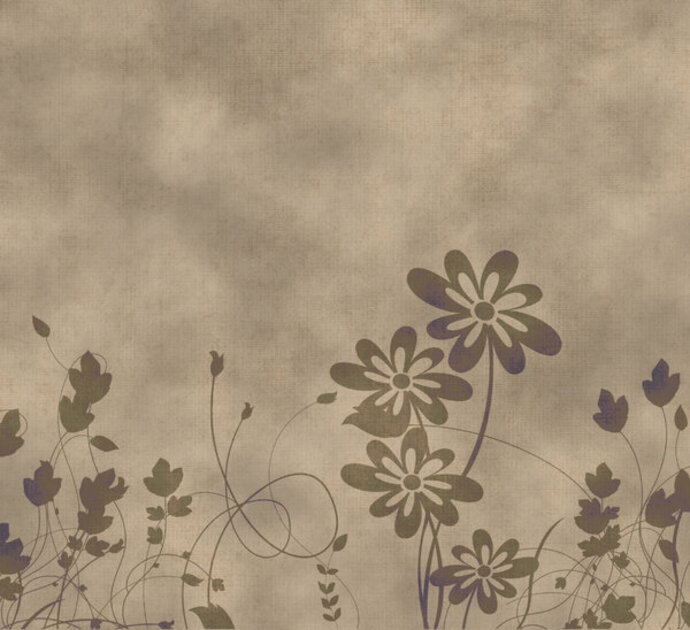
In our Gemara and Mishna on Amud Aleph tells us whom we should choose to lead the prayers during a drought:
The congregation appoints an elder, who is experienced in leading prayer, to descend before the ark as communal prayer leader. And this prayer leader must have children and must have an empty house, i.e., he must be poor, so that his heart will be fully concentrated on the prayer for the needs of his community.
The Shalah שלה עשרת הדברות מסכת תמיד נר מצוה comments that focus during prayer is magnified when there is a strongly perceived need. Though it is an obvious psychological point, his language is compelling and expressive and worth presenting here:
It is necessary that there be a strongly felt need in order for a person to pray and have appropriate concentration. This is especially true when there is an intensely desperate situation such as if somebody’s child is mortally ill or he is about to drown. At such a time, he prays and begs with all his heart and pours out his soul in tears before God. However, when a person does not have such a felt need it is hard for him to concentrate on his prayers. Persons who have all their needs taken care of, who are wealthy and secure tend to think that their situation will be permanent and do not have any sense of need. This is also a barrier for praying about redemption, as what need is there for redemption if all is well and there is no lacking? It helps for the person to think that his peace and well-being, physically and financially is transitory, and subject To sudden change.
I have nothing further to add to these wise words except to say that current events, no matter which side of the political spectrum you are on, certainly can arouse one to consider that our relative success, well-being, and liberties are not as secure as we think they are. And while no amount of prayer can guarantee us anything, a humble recognition of our fragility and vulnerability hopefully is enough that our prayers be heartfelt and that we continue to be granted all of the blessings that we experience in a modern democratic society.
Translations Courtesy of Sefaria, except when, sometimes, I disagree with the translation ![]()
Do you like what you see? Please subscribe and also forward any articles you enjoy to your friends, (enemies too, why not?)
 Previous
Previous

